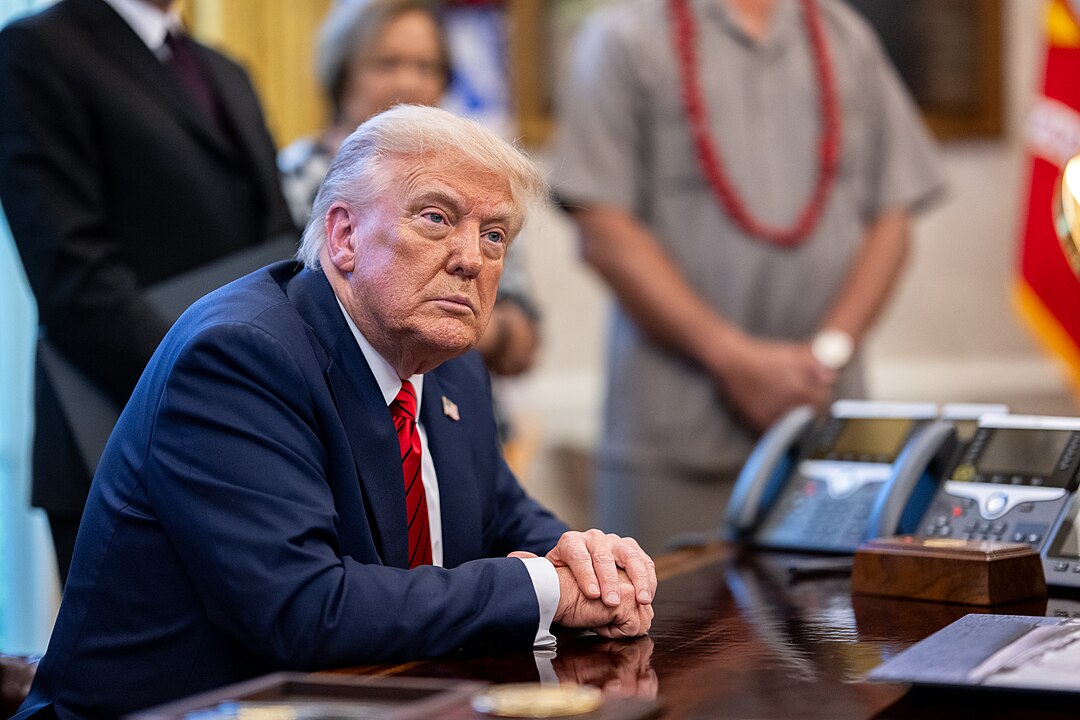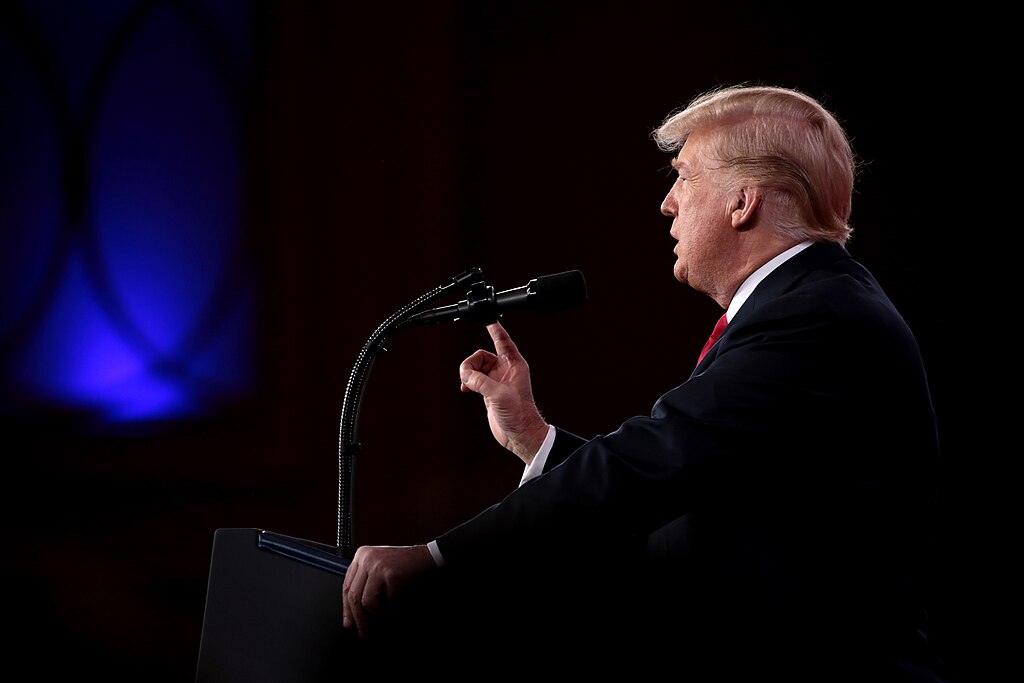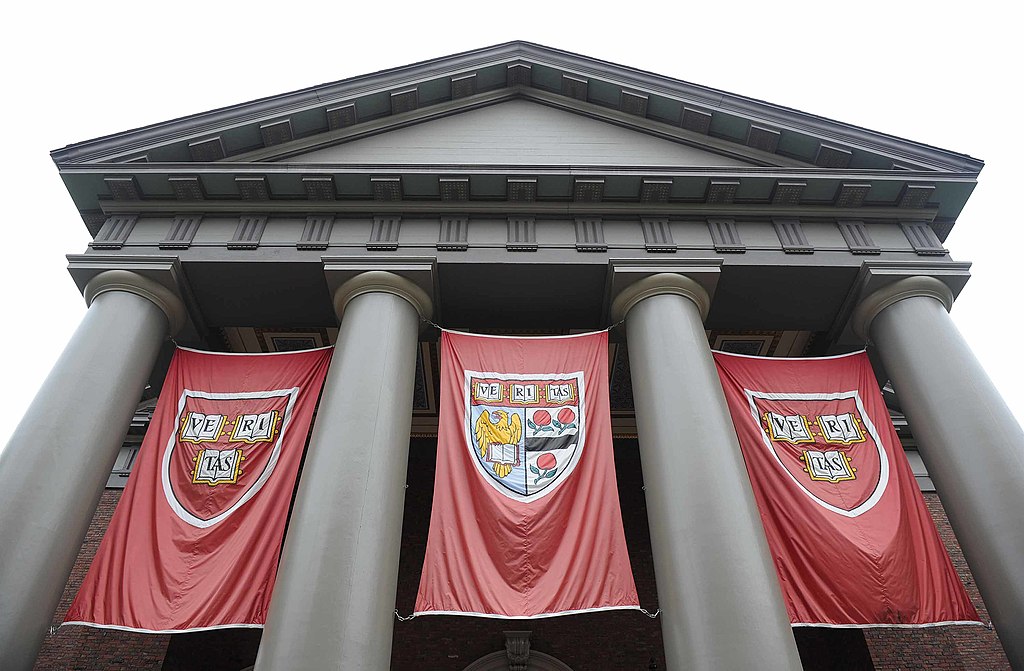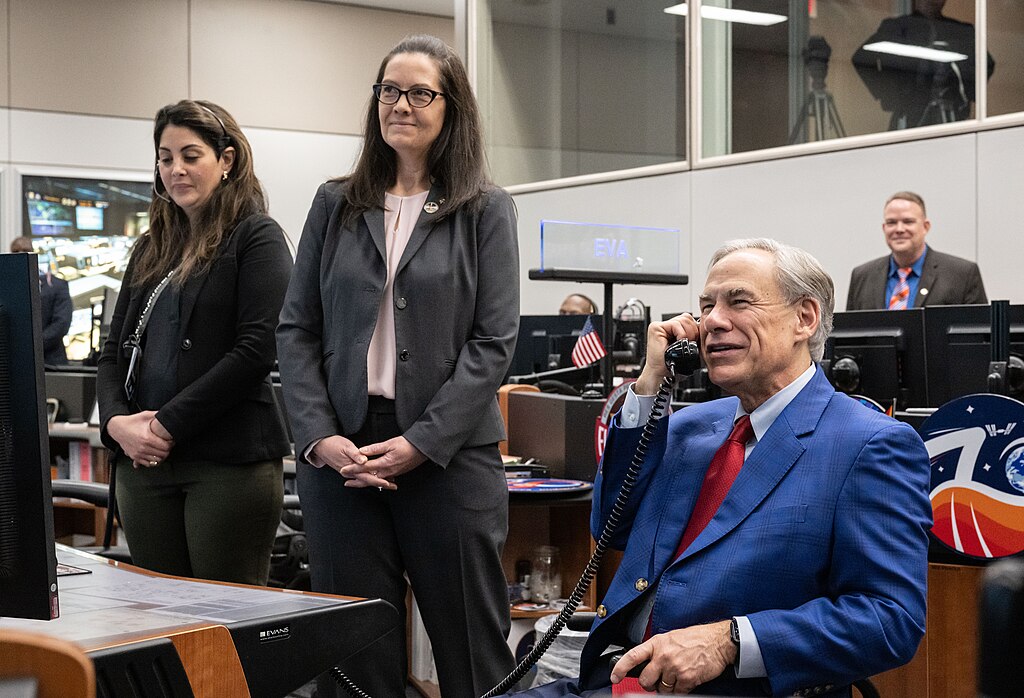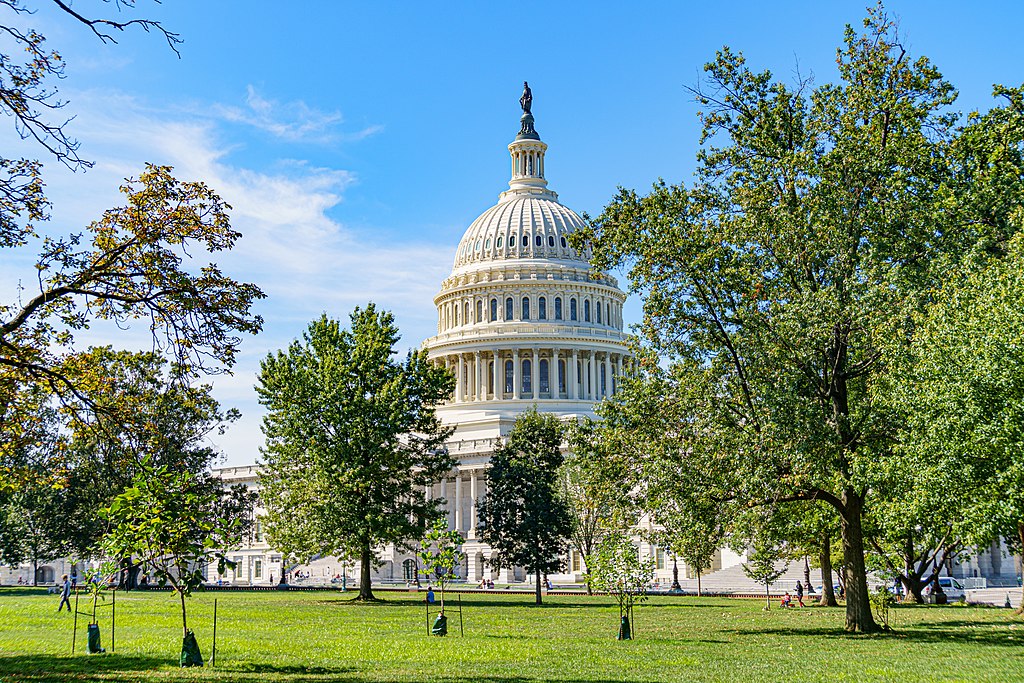President Trump’s victory in the D.C. Circuit’s August 13 decision in Global Health Council v. Trump is not simply another court case resolved in the President’s favor. It is a precedent-setting moment, one that will reverberate far beyond the confines of USAID. By closing the courthouse door to private plaintiffs seeking to compel the Executive to spend appropriated funds, the court has handed the President a crucial tool in his campaign to cut programs that undermine his agenda, funnel taxpayer dollars into woke DEI and gender ideology projects, prop up Democrat-aligned NGOs, and perpetuate waste, fraud, and abuse on a grand scale.
The context is straightforward. On January 20, 2025, his first day back in office, Trump signed Executive Order 14169, freezing all foreign aid for 90 days pending review. This was part of a larger plan to dissolve USAID and reassign its useful functions to the State Department, eliminating duplication and, in the administration’s view, eliminating ideological activism disguised as aid. Predictably, two legal challenges followed: one from terminated USAID employees, and another from NGOs and contractors with billions in grants at stake. The latter became Global Health Council v. Trump.
The district court partially sided with the NGOs, ordering the administration to pay for work already done but also barring it from impounding congressionally appropriated funds. That injunction, if left in place, would have gutted the President’s ability to withhold funds from programs he judged counterproductive or harmful to US interests. On appeal, the D.C. Circuit vacated that key portion. The majority held that under the Impoundment Control Act of 1974, only the Government Accountability Office, acting on behalf of Congress, may sue to challenge an impoundment. Private parties, even those directly affected, have no cause of action.
This matters because it resolves a core question: who can bring the President to court for refusing to spend? The answer, after this decision, is clear: not the NGOs, not the contractors, and not the states. Unless GAO steps in, the President’s decisions to cancel or delay spending will stand. In practice, this will make it far harder for entrenched beneficiaries of the federal gravy train to keep their projects alive through litigation.
Critics howl that this enables executive overreach. But their outrage is less about constitutional principle and more about losing access to a reliable judicial shield for their funding streams. The DC Circuit’s reasoning is rooted in the statute Congress itself passed. The 1974 Act was explicit: enforcement lies with the legislative branch’s own watchdog, not with a parade of self-interested litigants. To hold otherwise would be to rewrite the law in service of the very interests it was designed to regulate.
In effect, the court has affirmed that Congress must defend its own appropriations through its own tools. If Congress objects to a President’s spending choices, it can authorize GAO to sue, cut off other funding, or even impeach. What it cannot do is outsource this fight to NGOs and contractors who, in many cases, are ideological actors with a vested interest in perpetuating the very policies the President was elected to reverse.
For Trump, this is more than a legal win; it is an operational breakthrough. With this precedent, the administration can move swiftly to terminate contracts and grants that promote DEI quotas in foreign governments, underwrite gender ideology programs overseas, or launder taxpayer funds through left-wing NGOs that turn around and lobby against US interests. The same logic could apply domestically to federal grants in education, public health, or environmental regulation. If the administration acts within the procedural rules of the Impoundment Control Act, it can expect to operate without judicial second-guessing from ideologically aligned plaintiffs.
The decision also reinforces a core constitutional principle: not every political dispute belongs in court. The judiciary’s role is to interpret and apply the law, not to serve as an appeals board for policy disagreements between a President and his political opponents. By holding firm to that boundary, the DC Circuit has ensured that spending disputes will be resolved where they belong, in the political branches and, ultimately, at the ballot box.
The critics’ nightmare scenarios, that Presidents will now defy Congress with impunity, ignore the reality that the ultimate check on presidential power is political. A President who withholds funds contrary to the public will risks backlash, electoral defeat, or legislative reprisal. But the inverse is also true: a President elected to dismantle a bureaucratic apparatus hostile to his policies must have the means to do so. Trump now has that means.
By affirming the President’s authority to withhold funds without interference from private litigants, the D.C. Circuit has strengthened the separation of powers. It has made clear that Congress wrote the rules for these disputes, and those rules do not include lawsuits from the very organizations that benefit from the contested spending. This is a restoration of constitutional order, not a departure from it.
For decades, USAID has been a reliable funding stream for progressive causes dressed up as humanitarian work. From climate activism to gender ideology campaigns, hundreds of billions in taxpayer dollars have flowed overseas to projects that bear little relation to core US interests. Trump’s first-term critics called his skepticism of foreign aid reckless; his supporters saw it as long overdue. Now, with the DC Circuit’s ruling, he has the legal clearance to finish what he started.
The implications are vast. Across government, similar grant-making programs could be reevaluated. Agencies will think twice before assuming that favored constituencies can rush to court to block funding freezes. And Congress, if it wants to check the President, will have to do so directly, an accountability moment many in Congress would prefer to avoid.
In the end, the DC Circuit’s ruling is both a legal and political victory for the President. It vindicates the principle that the elected head of the Executive Branch should have discretion to align spending with the policies he was elected to implement. It also strips a powerful weapon from the hands of those who have used the courts to entrench their access to public funds. In a town where money is power, that is a tectonic shift.
If you enjoy my work, please consider subscribing: https://x.com/amuse.
Sponsored by the John Milton Freedom Foundation, a nonprofit dedicated to helping independent journalists overcome formidable challenges in today’s media landscape and bring crucial stories to you.
